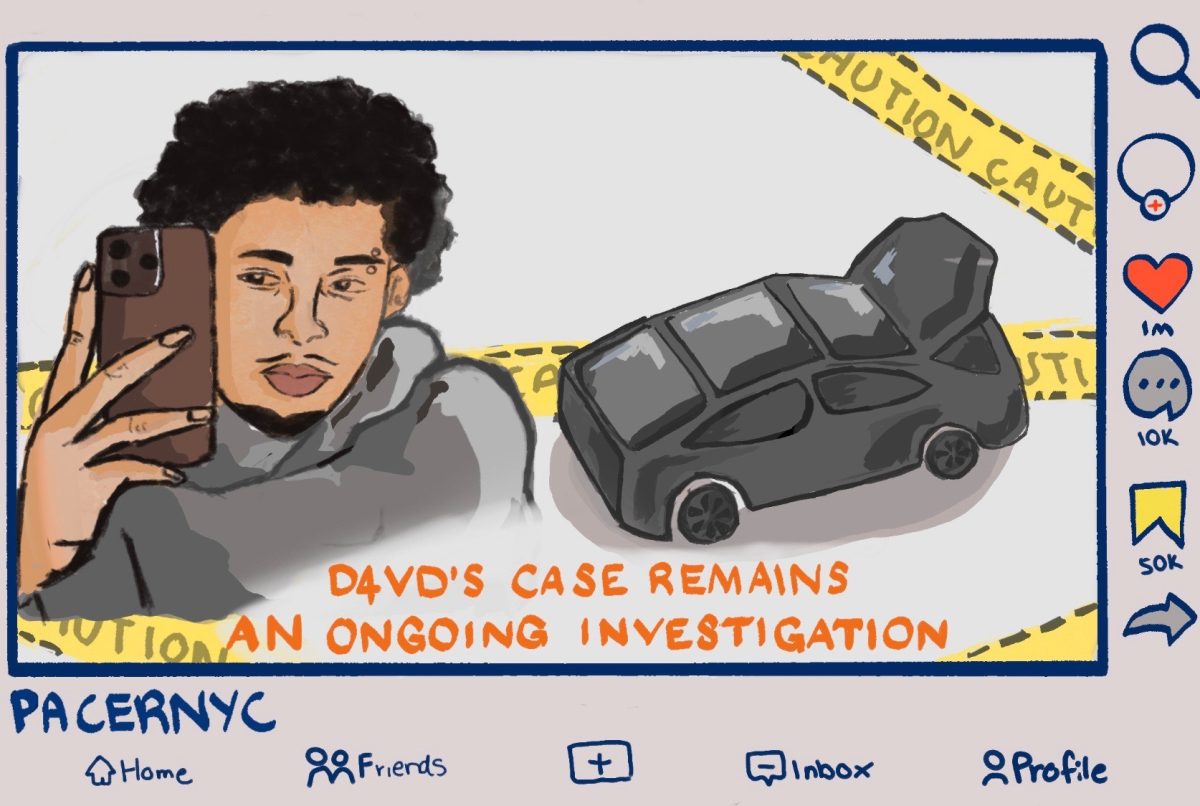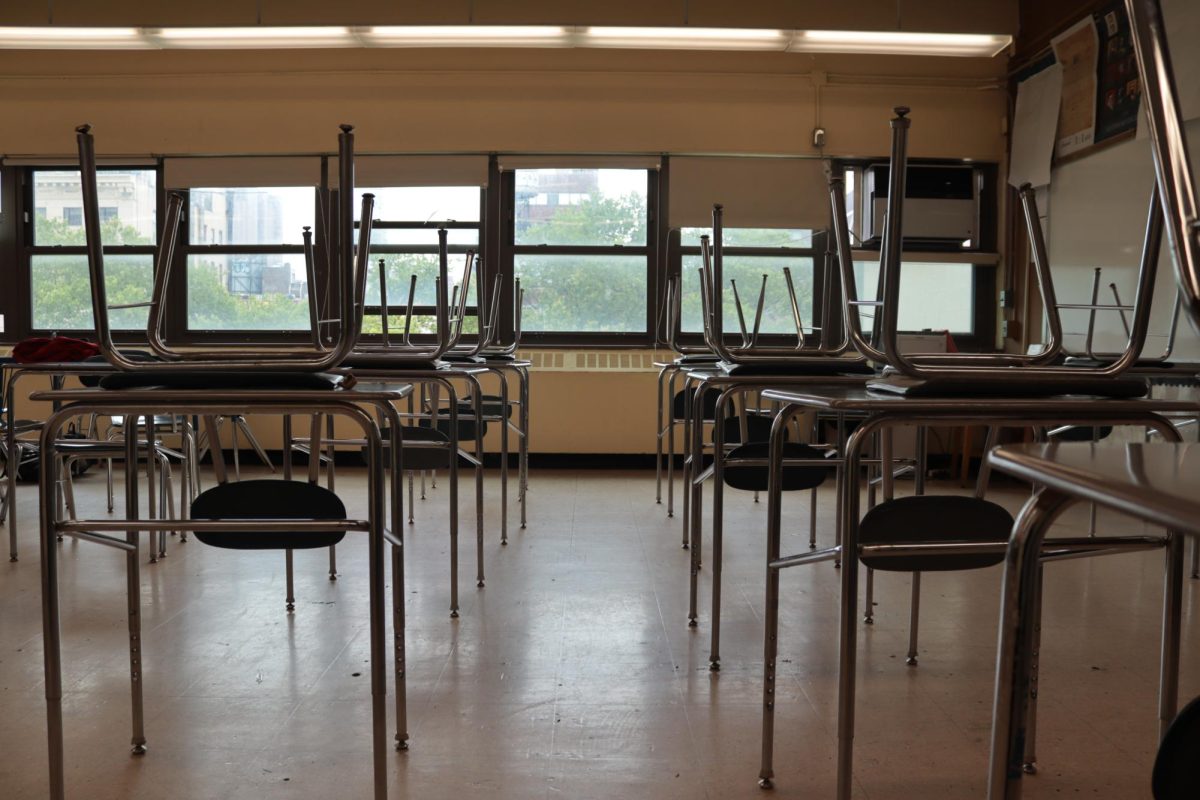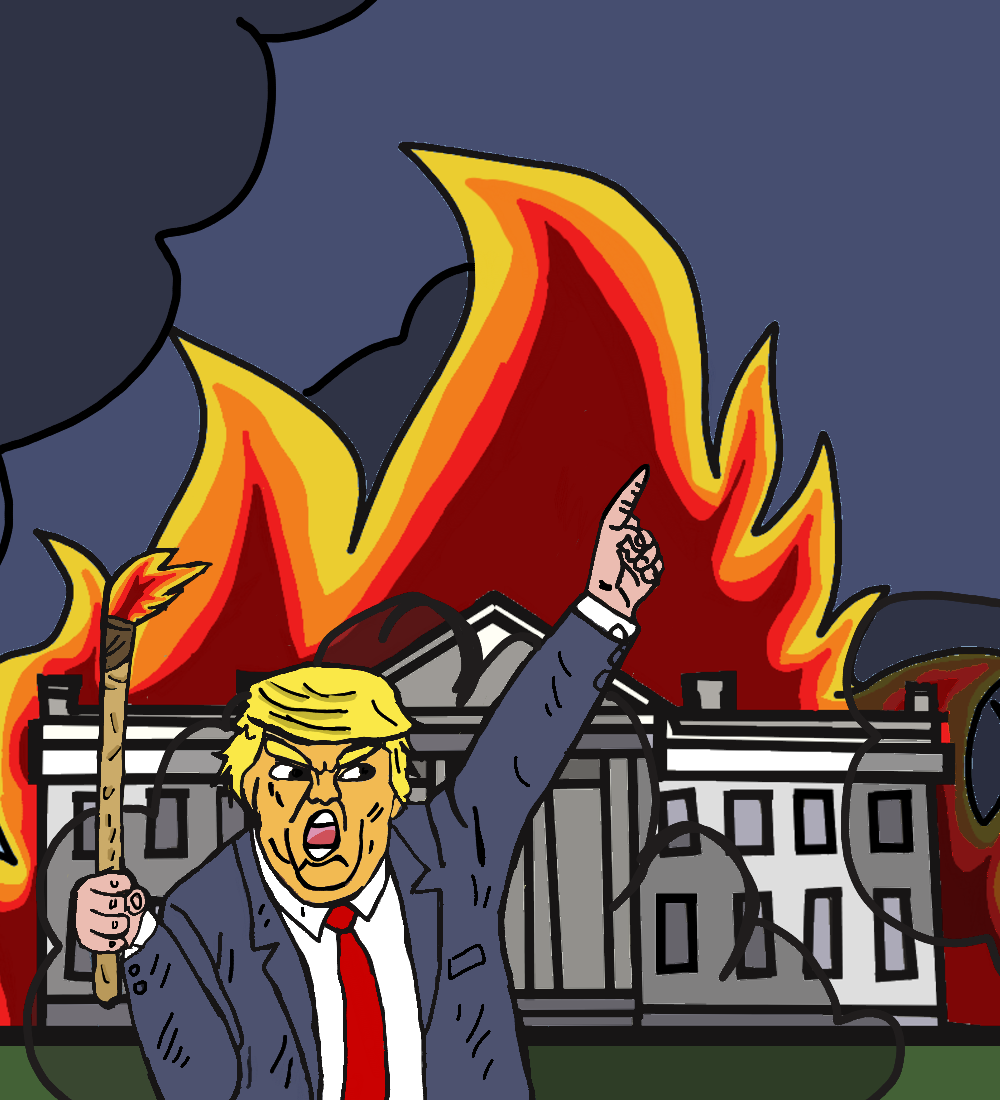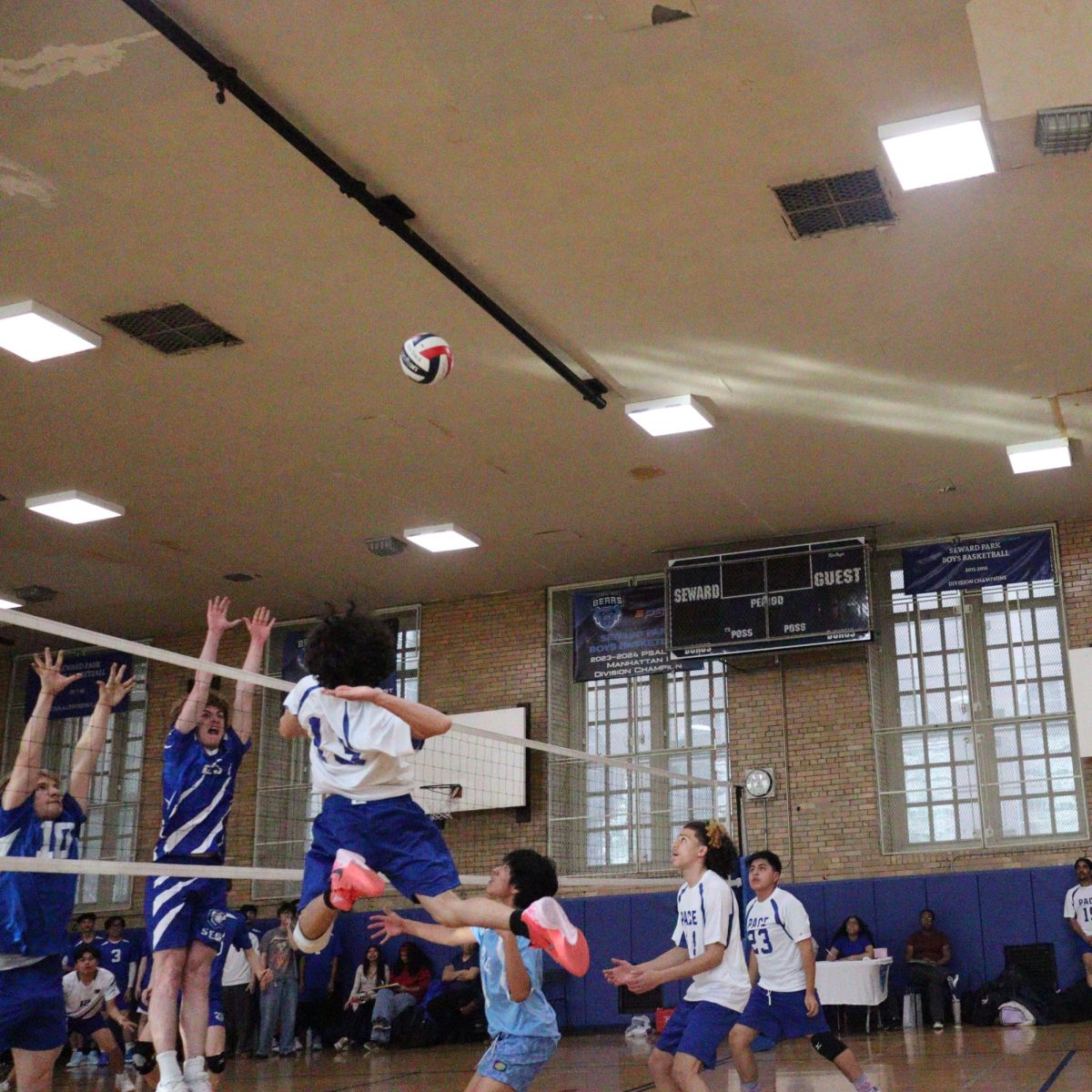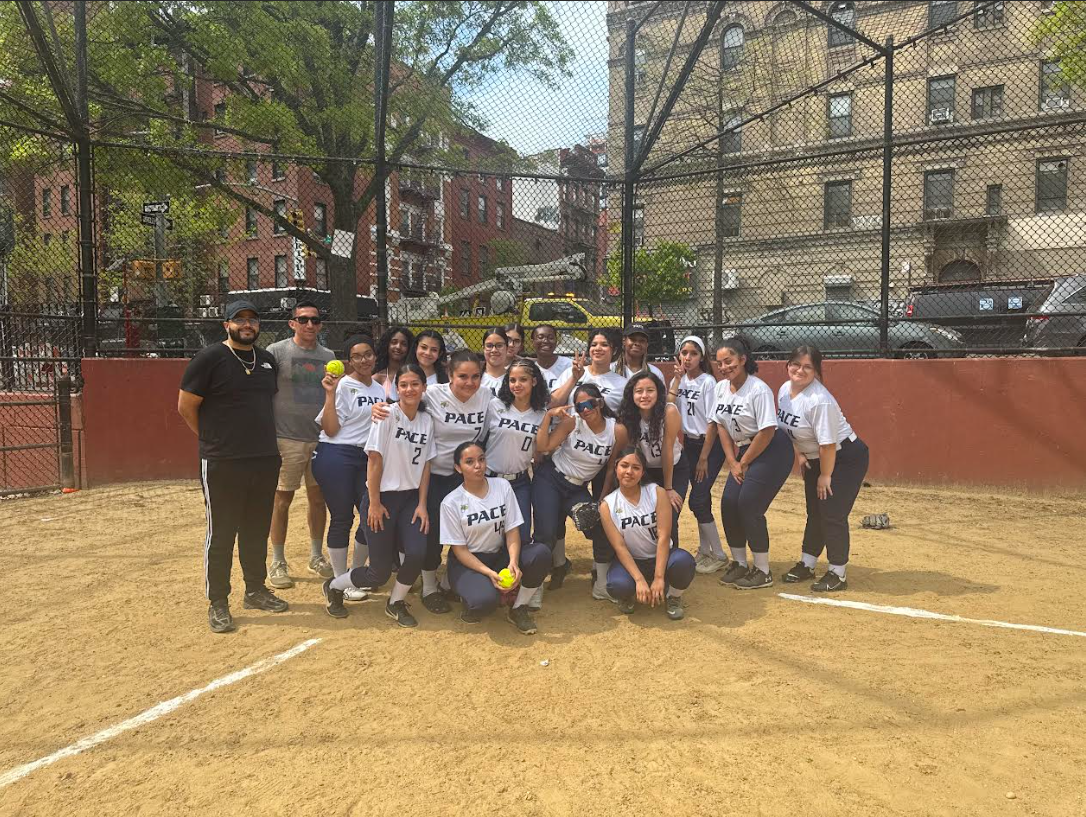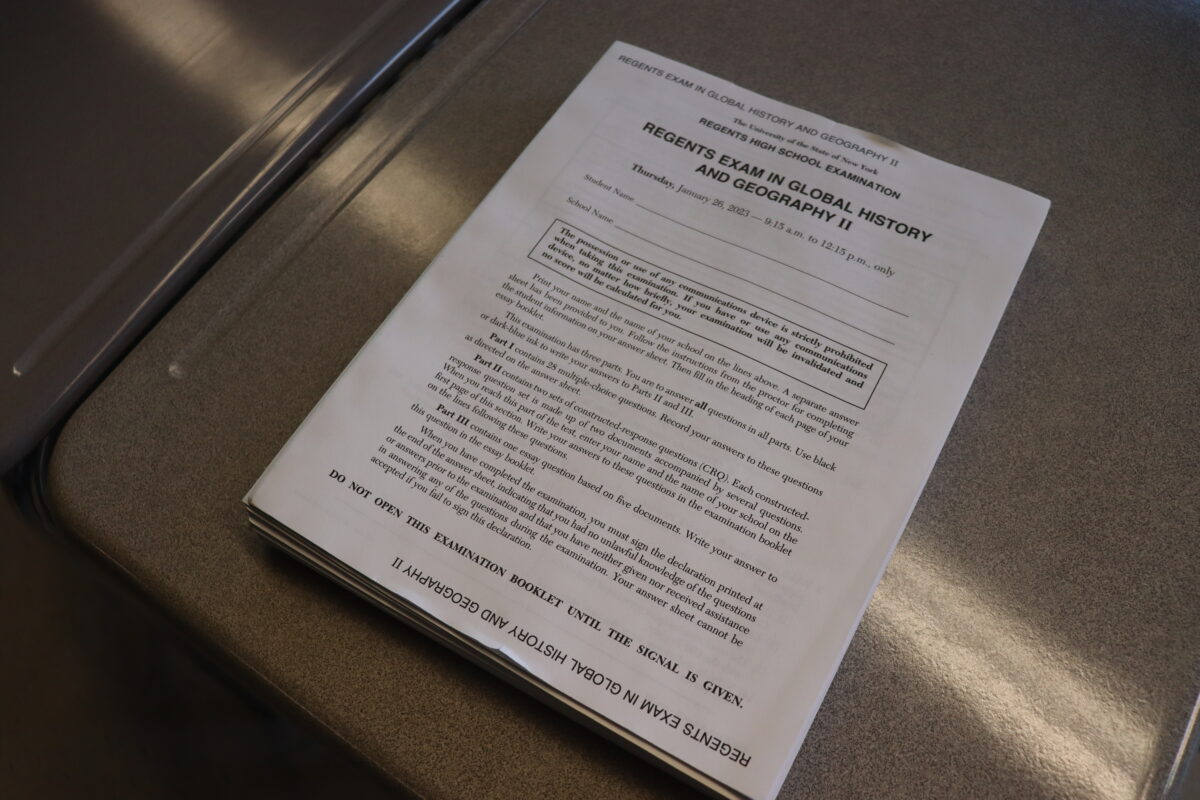The New York State Regents examinations for high school students have been around for almost 150 years. Starting in 1878, they were administered almost every June to assess students on core subjects towards the end of the year.
Despite the fact that many other states have ditched exit exams in secondary schooling, New York State has been persistent with keeping the Regents around. But recently, New York State has revealed proposals to pivot away from the Regents exams being one of the only ways to graduate from high school.
The Regents will still be offered for those who want to take them, but assorted end-of-year projects, presentations and assessments are being recommended as alternative exams.
This proposal has proven controversial, as many have expressed aversion and decry New York State’s decision. Yiatin Chu, president of Asian Wave Alliance and Co-Founder of PLACE NYC accused New York State of, “lowering the bar for students and lessening accountability for public schools,” according to the New York Post.
However, Shelley Mayer, Senate Education Committee Chair claims, “it’s fair to evaluate whether the way we do testing of academic value is the right way and whether the Regents are the best test…That’s not lowering the bar — that’s having a conversation about how we can make sure we’re reaching higher levels.”
Teachers at Pace share mixed feelings about this change. Ms. Lyons, an Algebra II teacher, said she’s “not really against it.” She mentioned that there isn’t enough time to thoroughly cover the entirety of the course before June. Ms. Lyons would be more on board with the Regents “if we improve the curriculum and make sure the test aligns with the curriculum.” She also mentioned that the Regents prep at this school is only sufficient for self-motivated students who want to take charge of their own learning.
Conversely, Mr. Jallot, a freshman global history teacher, strongly opposes the Regents. He stated, “They are not a good measure of students’ learning, but rather measure how well a student can sit still and answer questions that have little substance and are not connected to learning.” He also believes, “Regents prep is soulless and takes away from the fun of learning. It’s a tough choice teachers have to make when it comes to how much time do you spend preparing students for an exam that we have no control over.” He echoes the statement given by Ms. Lyons: prep tends to be somewhat stressful due to time constraints.
But what does the student body think about the potential cancellation of the regents? As people who are the ones taking the regents, their voices, above all others, deserve to be heard.
Chris Lozada, a sophomore, is for keeping the Regents mandatory. He claims, “It’s your check for understanding, and if you pass, you get to move on to the next level. If you fail, you can’t move on.”
Michael Perez, a senior, voiced mixed opinions about keeping the Regents. Although he said, “I feel like the Regents are a necessary step in evaluating my academic performance and seeing if I’m ready to graduate,” he also believes “it is of a discreet difficulty, and it shows if you took your education seriously.”
In my humble opinion, the Regents should not be the only way to be promoted to the next grade. A Regents exam can only say so much about a person and their personal growth over the year.
The option for the Regents should be present, but other final assessments should be an option. These include projects or cumulative essays for humanities subjects. But it’s up to New York State to go ahead with this plan, or to leave it.
It’s not impossible to abolish the Regents, or at least, try to abolish them. Mr. Jallot cited the PROSE program for New York City public schools as an example. The Progressive Redesign Opportunity Schools for Excellence (PROSE) program allows schools to apply to modify or nullify certain district regulations for their school over the course of a five-year period. So if the administration wanted to, they could apply to a PROSE school and remove the exam requirements from their requirements.
I sincerely hope that the voices of students will have a bigger say than the voices of the adults. As the youths of New York, we are the next generation of leaders and the city will soon become our city.
This isn’t a case of lowering the standards. If anything, it’s broadening standards and providing more opportunities for students to think outside of the box, and get creative with final assessments.

